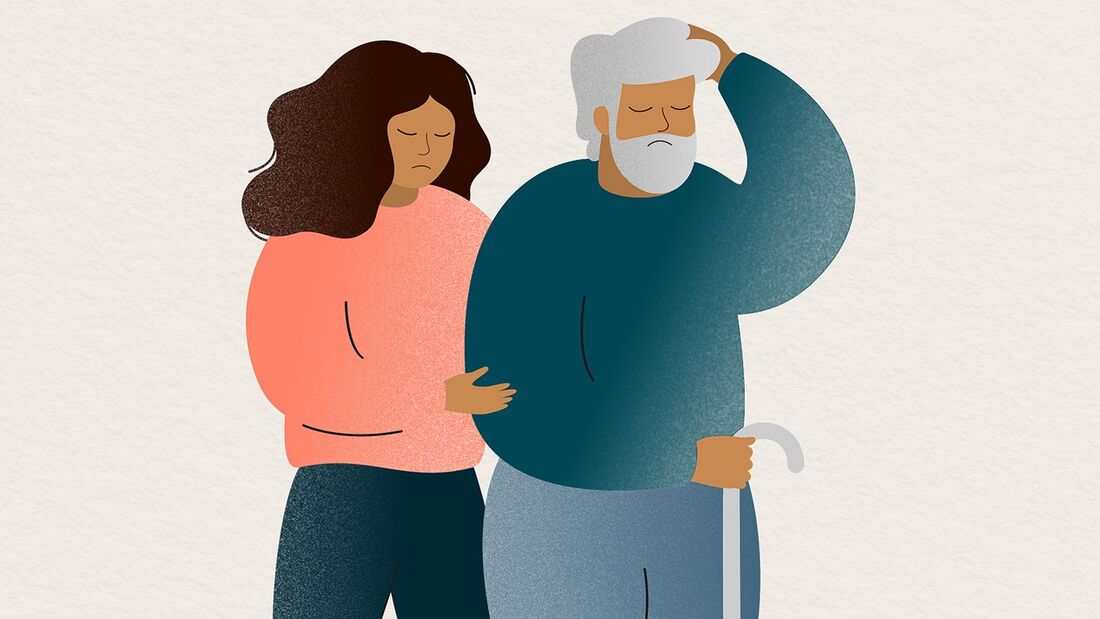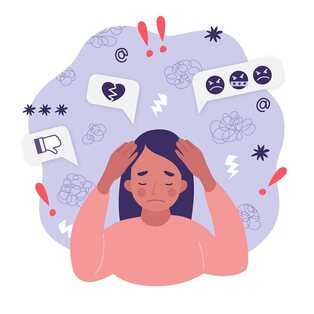Navigating the Transition from Hookup Culture to Meaningful Relationships: A Guide for Clients8/25/2023
In today's fast-paced world, where hookup culture often takes center stage, transitioning from casual encounters to meaningful, lasting relationships can feel like a daunting task. The journey might require a shift in mindset, a reevaluation of priorities, and a willingness to explore emotional depths. If you're seeking guidance on how to make this transition, you're not alone. Many individuals are seeking more meaningful connections, and with the right approach, you can find the fulfilling relationship you desire. Here's a guide to help you navigate this transition:
1. Self-Reflection and Clarity: Before embarking on the journey to a meaningful relationship, take time to reflect on what you truly want. What are your values, goals, and aspirations? What qualities do you seek in a partner? By gaining clarity about your own desires, you can better recognize a compatible partner when you encounter one. 2. Open Communication: In hookup culture, communication often revolves around the logistics of the encounter. Transitioning to a meaningful relationship requires a shift toward open and honest conversations about emotions, expectations, and long-term goals. Practice expressing your feelings and actively listening to your partner. Effective communication is the foundation of any successful relationship. 3. Slow and Steady: Meaningful relationships are built over time. Instead of rushing into physical intimacy, focus on building emotional intimacy first. Spend quality time together engaging in activities that allow you to connect on a deeper level. This gradual approach helps establish a strong emotional bond. 4. Shared Activities and Interests: Explore activities you both enjoy. Shared hobbies and interests can bring you closer and create opportunities for meaningful interactions. Whether it's hiking, cooking, art, or music, engaging in activities together fosters a sense of togetherness and shared experiences. 5. Vulnerability and Authenticity: To transition from hookup culture to a meaningful relationship, it's crucial to be vulnerable and authentic. Share your thoughts, fears, and vulnerabilities with your partner. This openness encourages reciprocity and helps establish trust. 6. Mindfulness and Presence: In a fast-paced world, practicing mindfulness can enhance your ability to connect deeply with your partner. Put away distractions and be present in the moment. Listen actively, observe body language, and appreciate the nuances of your interactions. 7. Mutual Respect: Respect is the cornerstone of any healthy relationship. Transitioning to a meaningful connection involves treating your partner with kindness, consideration, and empathy. Recognize and appreciate their individuality. 8. Emotional Intelligence: Understanding your own emotions and being attuned to your partner's feelings is a hallmark of a meaningful relationship. Emotional intelligence allows you to navigate challenges and conflicts with empathy and understanding. 9. Addressing Fear of Commitment: Transitioning from hookup culture may bring up a fear of commitment. It's essential to address these fears and explore their origins. A qualified psychotherapist can assist in unpacking these emotions and providing strategies to overcome them. 10. Seeking Professional Guidance: Transitioning from hookup culture to a meaningful relationship is a journey that can benefit from professional guidance. A psychotherapist can provide insights, tools, and strategies to navigate this transition, offering a safe space to explore your emotions and thought patterns. In conclusion, transitioning from hookup culture to a meaningful relationship requires a deliberate and mindful approach. It's about moving beyond surface-level connections and embracing vulnerability, emotional intimacy, and open communication. Remember that this journey is unique to you, and there's no fixed timeline. Be patient with yourself and your partner as you both navigate this transformation. With the right mindset, effort, and support, you can create a meaningful and fulfilling relationship that goes beyond the confines of hookup culture. For help transitioning from hookup culture to a meaningful relationship, contact Scott Olds at (303) 817-8369 or email at [email protected] What Is Support?Being supportive in a relationship means providing your partner with the following:
Examples Of SupportHere are some examples of how you can be supportive in a relationship:
Therapy HelpsA therapist can help you and your partner be more supportive in your relationship in a number of ways. They can:
As a psychotherapist and in my personal life, I have seen firsthand the impact that shame can have on caregivers for the chronically ill. Shame can be a powerful emotion that can lead to feelings of isolation, inadequacy, and worthlessness. It can also make it difficult to ask for help or support.
There are a number of reasons why caregivers may feel shame. They may feel ashamed of the illness itself, or of the way it has changed their lives. They may feel ashamed of their own limitations, or of the things they have to do to care for their loved one. They may also feel ashamed of the financial or emotional burden that the illness has placed on their family. Shame can have a significant impact on a caregiver's mental and physical health. It can lead to anxiety, depression, stress, and burnout. It can also make it difficult to cope with the demands of caregiving. If you are a caregiver for a chronically ill loved one, it is important to remember that you are not alone. There are many other caregivers who are going through the same thing. You are not to blame for the illness, and you are not inadequate. You are doing the best you can in a difficult situation. If you are struggling with feelings of shame, there are things you can do to cope. First, it is important to talk to someone about how you are feeling. A therapist can help you to understand your shame and develop coping mechanisms. You can also find support groups for caregivers, where you can connect with others who understand what you are going through. It is also important to remember to take care of yourself. Make sure to get enough sleep, eat healthy foods, and exercise regularly. You should also make time for activities that you enjoy. Taking care of yourself will help you to be better able to cope with the demands of caregiving. If you are struggling with feelings of shame, please know that you are not alone. There is help available. Please reach out for support. Here are some additional resources for caregivers who are struggling with shame:
If you are struggling as a caregiver and need help, contact Scott at (303) 817-8369 or [email protected]. As a psychotherapist, I have seen firsthand the emotional and psychological toll that chronic illness can take on individuals and their families. The physical symptoms of chronic illness can be debilitating, but the emotional and psychological effects can be just as challenging.
Some of the common emotional and psychological challenges that people with chronic illness face include:
If you are struggling to cope with the emotional and psychological effects of chronic illness, please reach out for help. There is no shame in seeking help, and it can make a big difference in your quality of life. Tips for Coping with the Emotional and Psychological Toll of Chronic Illness
To find out more, schedule an appointment with Scott Olds at (303) 817-8369 or email me at [email protected]. |
AuthorScott F. Olds, Psychotherapist Categories
All
Archives
February 2024
Call Scott at
|
Package Discount: Get a 4-session package for 10% off! Call for details.
I offer sessions in the office, in an open space (weather permitting), by phone, and by video sessions for your safety and convenience. Take a deep breath and give me a call at (303) 817-8369 or email me at [email protected].
Confidential: I am HIPAA compliant, so your privacy is protected.
Crisis Information: If you are in crisis, call Colorado Crisis and Support at 844-493-8255 or the national Suicide and Crisis Lifeline at 988 for 24/7 for help in an emergency. These lifelines provide free and confidential support for people in distress, prevention, and crisis resources for you or your loved ones.
(303) 817-8369
[email protected]
10960 W. 65th Way
Arvada, Colorado 80004
My office is in Arvada, Colorado.
Privacy Policy







